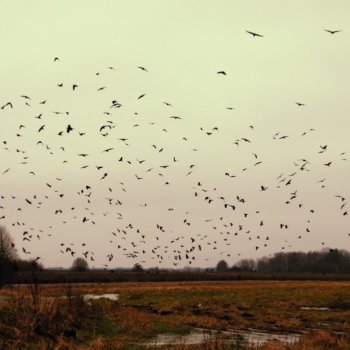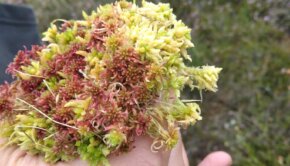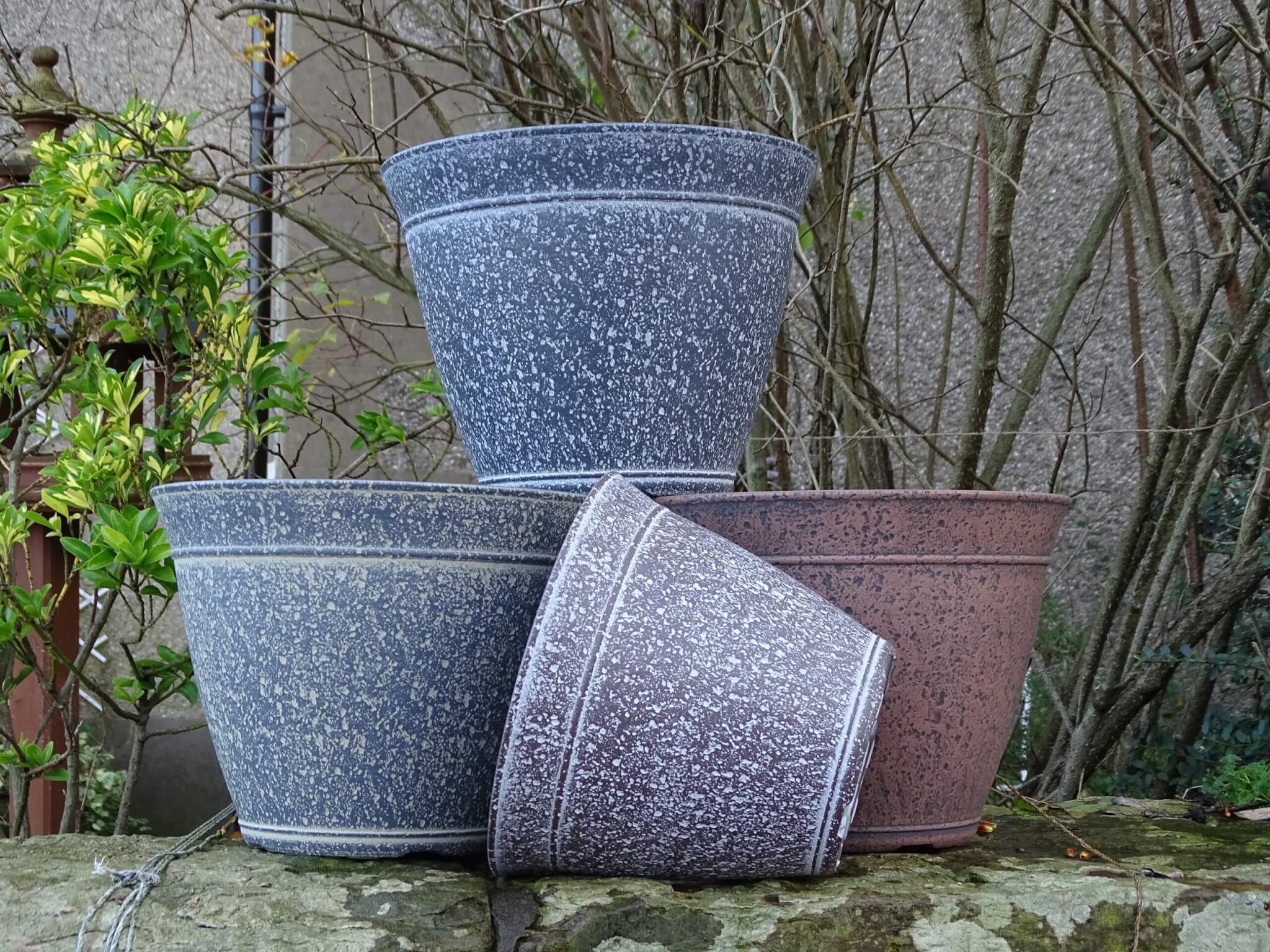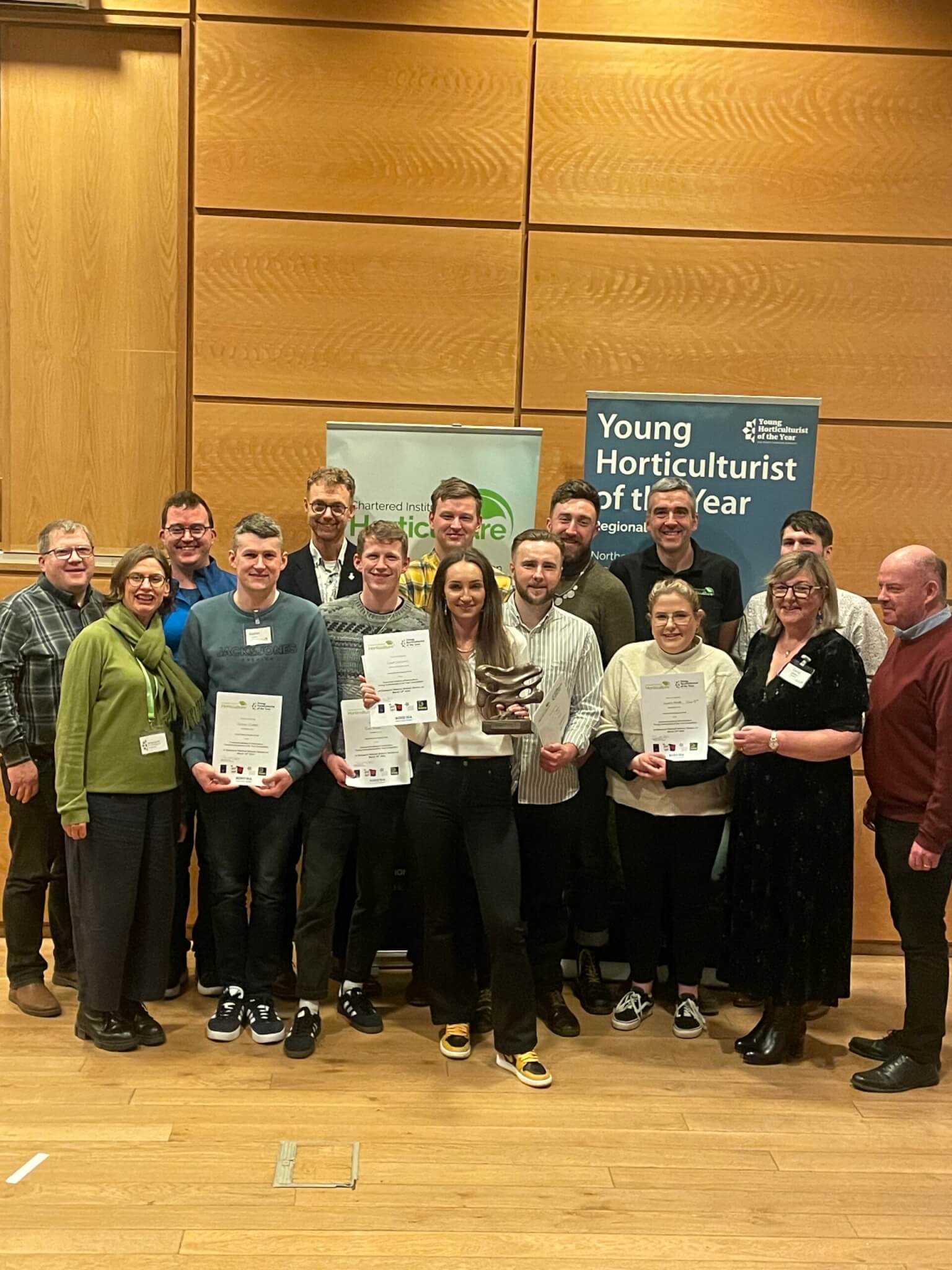National Parks and Wildlife Service and Intel launch bog restoration project

Aims to restore 60 hectares of blanket bog to increase water storage levels
20 May 2021
A blanket bog restoration project has been launched in Wicklow Mountains National Park by the National Parks and Wildlife Service (NPWS) and Intel.
Taking place over the coming months, the restoration project will see 60 hectares of drained bog re-wetted to increase water storage levels in part of the River Liffey headwaters by an expected 50-90 million litres. These headwaters supply the Poulaphouca (Blessington) reservoir, a drinking water source for the greater Dublin area.
According to a statement from the Department of Housing, Local Government and Heritage, the bog restoration project will protect biodiversity, improve carbon storage, and is likely to improve water quality.
There is an estimated 4,000 hectares of degraded blanket bog in the national park. Degraded blanket bog is caused by a range of land use activities including drainage. It is much more susceptible to damage from extreme weather events such as intense rainfall and extended periods of drought, which are projected to occur more frequently with climate change.
The first phase of this project will involve:
- Baseline studies, including scoping surveys of potential sites for management in the park and ecohydrological characterisation of selected pilot sites and restoration planning design.
- Restoration works, principally re-wetting the bog through drain blocking to raise the lowered water levels. This will provide conditions to enable recovery of the main peat-forming species, especially the Sphagnum mosses.
- Pre- and post-restoration monitoring to quantify the project’s impact on vegetation, carbon storage, water levels and any improved water storage capacity in study sites.
This is the first project funded in Europe as part of Intel’s 2030 RISE goal (responsible, inclusive, sustainable, and enabled) to achieve net positive water. By funding collaborative projects to support local watersheds, Intel is committed to restoring water in quantities greater than the water it consumes, closing the gap in its water balance. This public-private project collaboration is one of the first of its kind in Ireland for water restoration and the protection of biodiversity.
“We are very proud to be announcing this restoration project in partnership with the National Parks and Wildlife Service,” said Eamonn Sinnott, general manager, Intel Ireland. “The project not only provides an important opportunity to increase water storage levels but also restores valuable ecosystems that are an integral part of our biodiverse landscapes.
“Water is essential to our manufacturing process. Over the last decades, our sustainable water management efforts here in Ireland have enabled us to conserve over 9 billion litres of water and return approximately 87% of our water back to our communities. Now, we are broadening our focus to achieve net positive water by 2030 through onsite conservation and restoring more than 100% of our water consumption and I am delighted to see part of that effort happening here in Ireland, in the Wicklow Mountains National Park.
“Industry has an important role to play in driving environmental sustainability and I hope that this project collaboration will lead the way for many others like it.”
The project, to be overseen by the NPWS, is due to commence in the summer of 2021. Indicative results and data from the project should be available in 2022.



 Print
Print








Fans 0
Followers